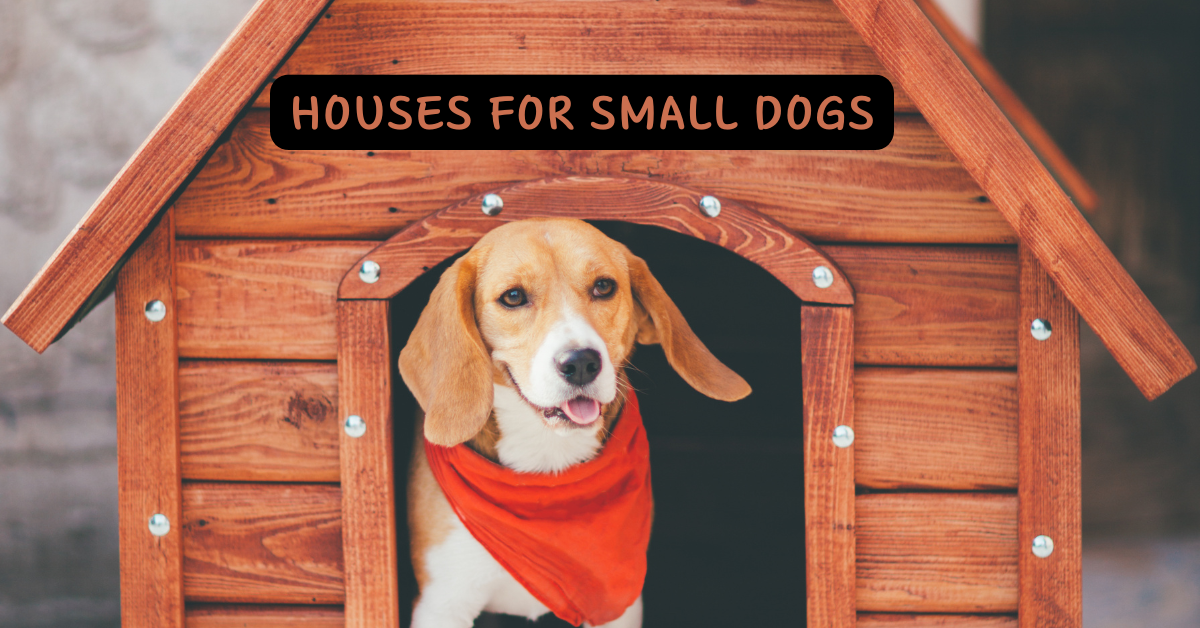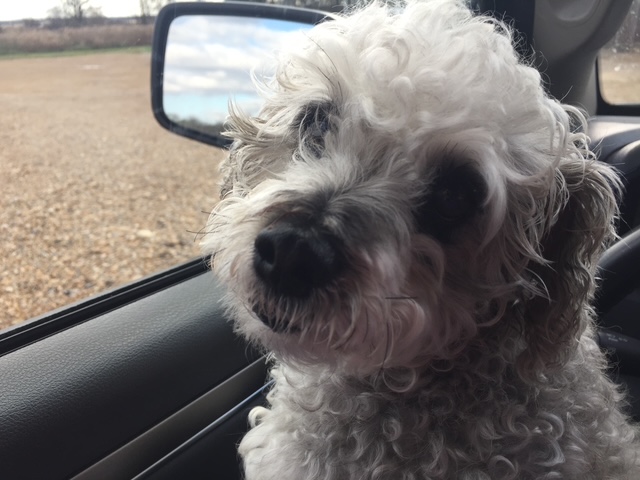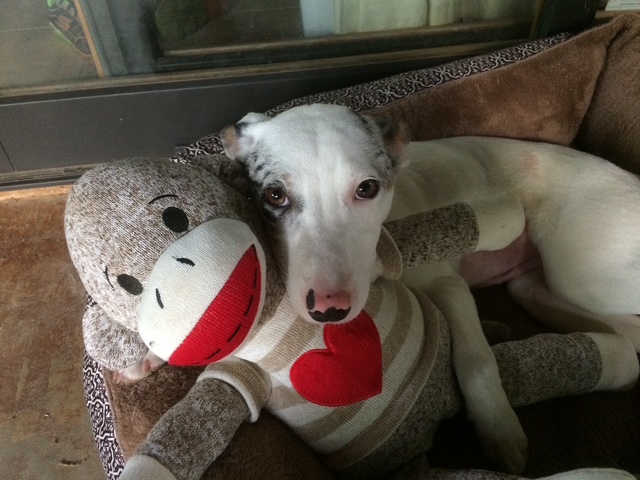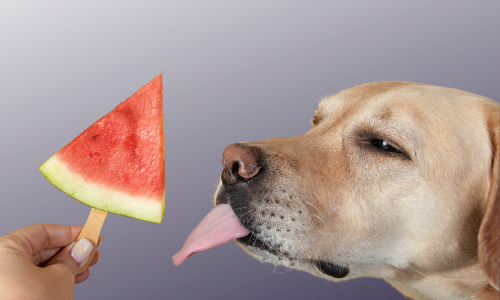The Boerboel is a powerful and protective breed known for its loyalty and guarding abilities. This comprehensive guide provides detailed information about the Boerboel, covering everything from breed characteristics to care requirements.
*Disclaimer: This Post May Contain Affiliate Links. This Means That I Receive A Small Commission At No Extra Cost To You Should You Click Through And Make A Purchase. Learn More On My Policy Page
Breed Characteristics
Breed Category: Working Group
Size: Large
Coat Length: Short
Shedding: Moderate
Hypoallergenic: No
Grooming Requirements: Low; occasional brushing needed
Life Span: 9-11 years
Activity Level: Moderate
Temperament/Personality: Loyal, protective, confident
Intelligence: High
Trainability: High; requires consistent and firm training
Space Requirement: Large; suitable for homes with yards
Compatibility with Children & Other Pets: Good with proper socialization
Health Issues: Hip dysplasia, elbow dysplasia, bloat
Nutrition Needs: High-quality diet with balanced nutrients

Origin and History
The Boerboel originates from South Africa, where it was developed as a farm dog. The breed’s name, derived from the Afrikaans word “boer,” meaning farmer, reflects its roots as a protector of homesteads. Boerboels were bred from indigenous African dogs and imported breeds, including Mastiffs and Bulldogs. Known for their strength, courage, and loyalty, Boerboels were used to guard against predators and intruders, making them invaluable to South African farmers. Today, Boerboels are recognized for their guarding abilities and as loyal companions.
Appearance and Physical Characteristics
Boerboels are large, muscular dogs that exude strength and confidence. They typically weigh between 110 to 200 pounds and stand 24 to 28 inches tall at the shoulder. Their short, dense coat comes in various colors, including fawn, red, brown, and brindle, often with a black mask. Boerboels have a broad, powerful head, a strong jaw, and a well-muscled body. Their eyes are dark and alert, reflecting their vigilant nature.
Temperament and Personality
Boerboels are known for their loyalty and protective nature. They are confident and calm, making them excellent guard dogs. Despite their imposing appearance, Boerboels are affectionate with their families and can be gentle with children when properly socialized. They are highly territorial and protective, which makes early socialization crucial to ensure they are well-adjusted and can distinguish between friend and foe.

Intelligence and Trainability
Boerboels are highly intelligent and trainable, but they require a firm and consistent hand. They respond well to positive reinforcement and need clear boundaries. Due to their strong will and protective instincts, early and ongoing training is essential. Socialization from a young age helps them become well-mannered and confident adults. Boerboels thrive when given a job or task, making them excellent candidates for various activities, including obedience training and protection work.
Compatibility with Children and Other Pets
With proper socialization, Boerboels can be good with children and other pets. They are naturally protective of their family, including children, and can be very gentle with them. However, due to their size and strength, supervision is necessary, especially around small children. Boerboels may be wary of other dogs and pets, so early socialization is important to ensure they can coexist peacefully.
Health and Nutrition
Boerboels are generally healthy but can be prone to certain health issues, such as hip dysplasia, elbow dysplasia, and bloat. Regular veterinary check-ups and maintaining a healthy diet are crucial for their well-being. Their diet should include high-quality dog food with the right balance of protein, fats, and carbohydrates. Supplements like glucosamine can help maintain joint health. Monitoring their food intake and ensuring they don’t overeat is important to prevent obesity-related problems.

Exercise and Activity Level
Boerboels have moderate energy levels and require regular exercise to stay healthy and happy. Daily walks, playtime, and mental stimulation are essential to meet their exercise needs. They enjoy activities that challenge them physically and mentally, such as obedience training, agility, and protection work. Providing them with ample exercise helps prevent boredom and destructive behaviors.
Grooming Needs
The grooming needs of Boerboels are relatively low. Their short, dense coat requires occasional brushing to remove loose hair and keep their coat healthy. Bathing should be done as needed, but not too frequently, to avoid stripping the natural oils from their skin. Routine care such as dental hygiene, ear cleaning, and nail trimming is also important to maintain their overall health.
Training and Socialization
Early socialization and consistent training are crucial for Boerboels. Exposure to various people, animals, and environments helps them develop into well-adjusted adults. Training should focus on positive reinforcement techniques, as they respond best to gentle and encouraging methods. Consistency and firmness are key to successfully training this breed. Engaging them in activities that provide both physical and mental stimulation is beneficial.

Famous Boerboels
Boerboels may not be as widely recognized as some other breeds, but they have made their mark as exceptional guard dogs and loyal companions. Their courage and protective nature have earned them a reputation for being reliable and devoted family protectors. While not commonly featured in media, their unique qualities and history make them a fascinating and respected breed among enthusiasts.
Conclusion
The Boerboel is a loyal, protective, and intelligent breed that excels as a guard dog and family companion. Their exercise and grooming needs are moderate, and their affectionate nature makes them wonderful pets for those who can provide consistent training and socialization. With proper care, a Boerboel can be a devoted and trustworthy member of the family.














